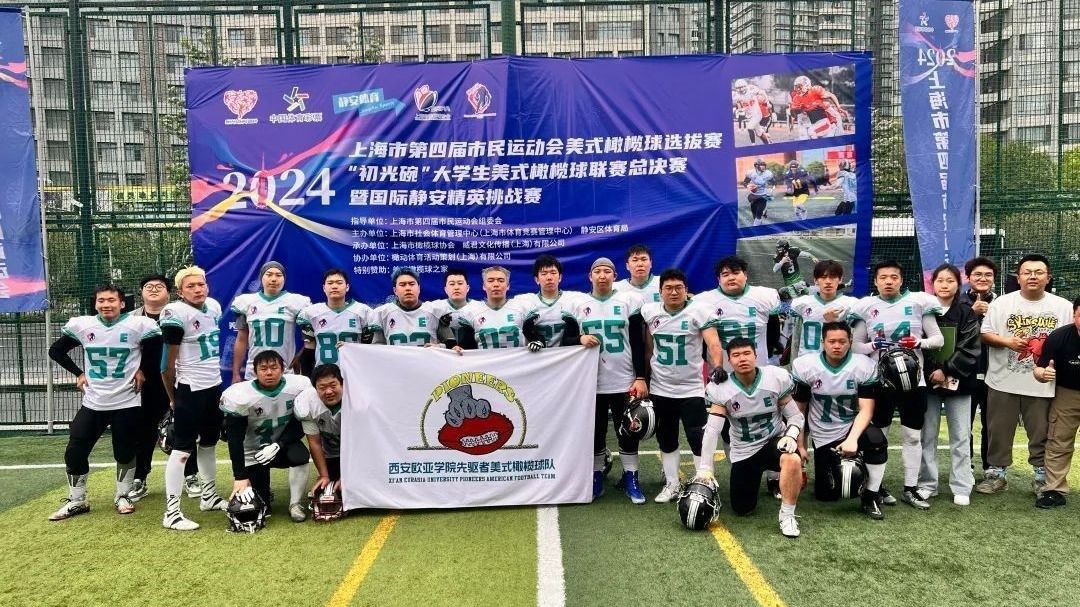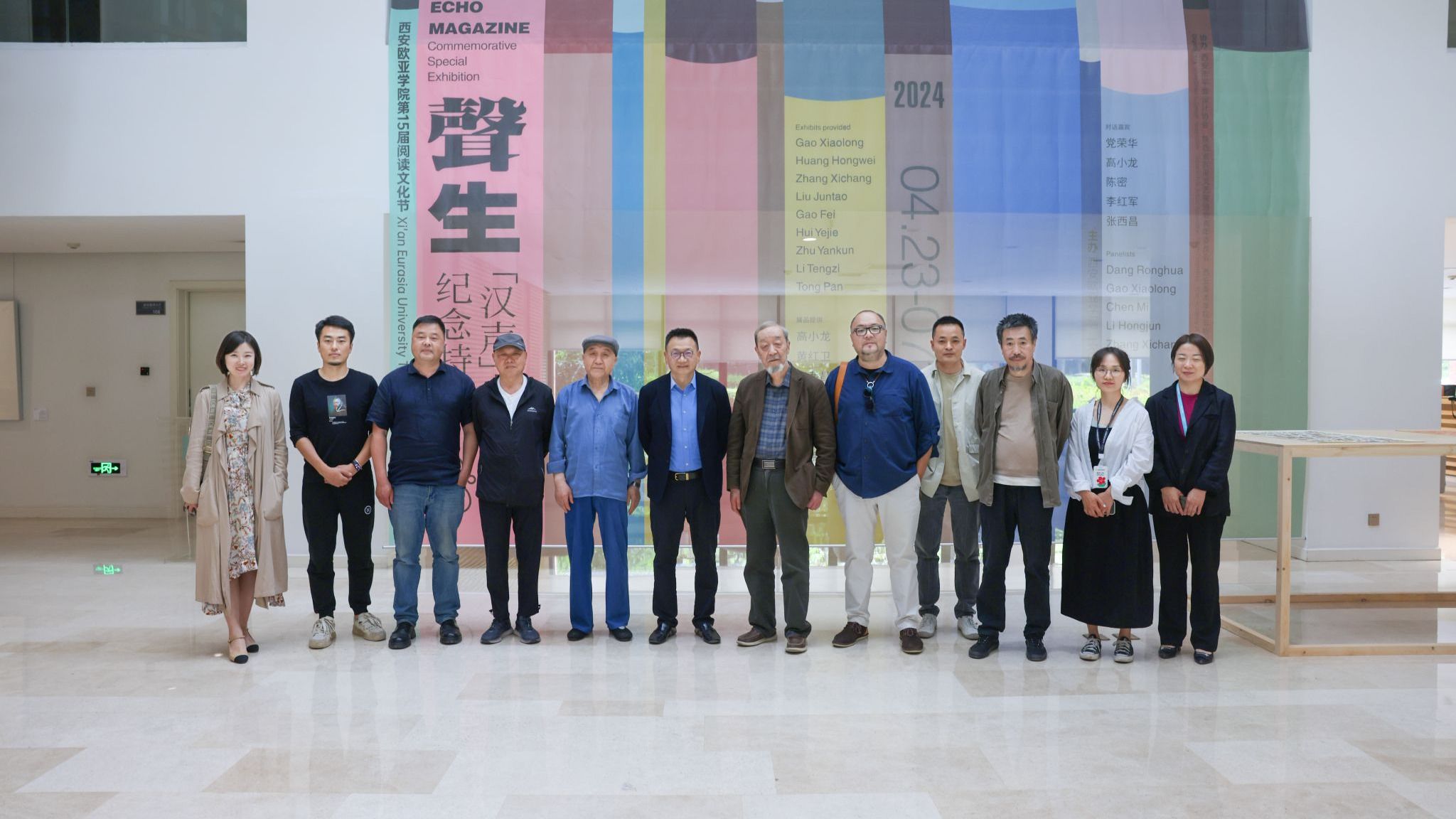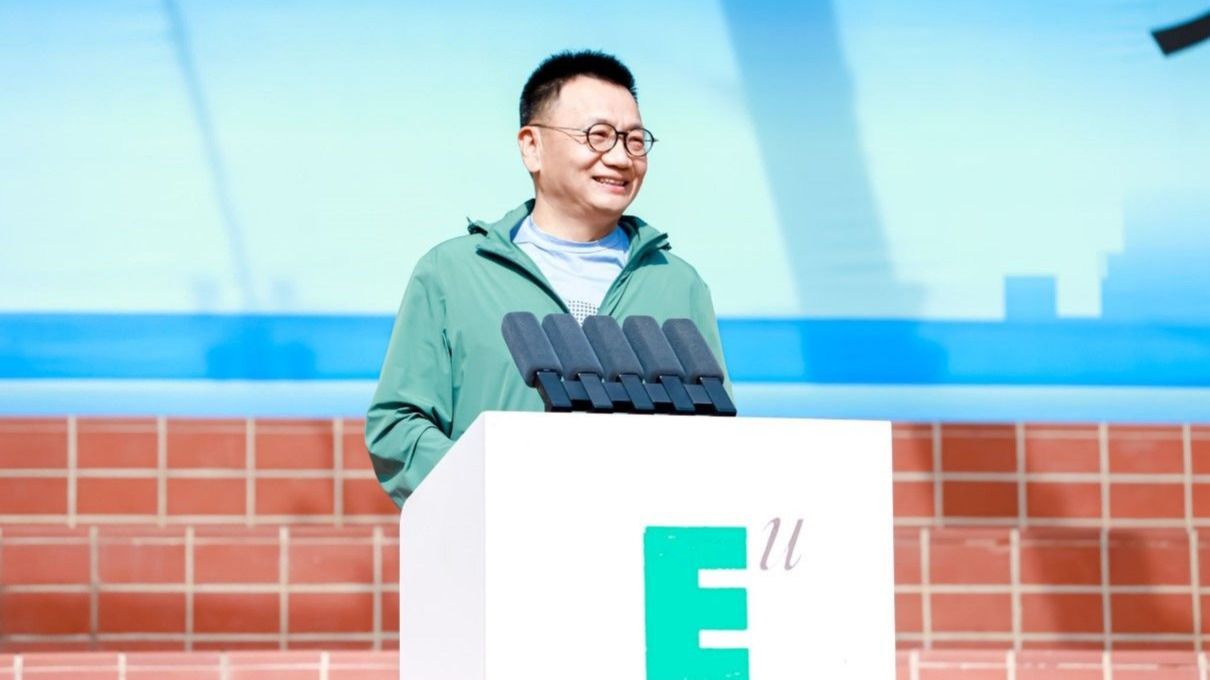In 2005, the historian David Bell argued in A Bookless Future that "reading in this strategic, targeted manner (through electronic books) can feel empowering. Because readers do not need to follow the complete logical structure of the text, they can directly search for specific content to gain knowledge, thus becoming the sole master of their reading experience. He believed that "this is precisely where the greatest dangers lie" because "information is not knowledge; searching is not reading".
In the face of ever-changing technology and media landscapes, the proliferation and overflow of fragmented information threaten to drown out limited rational knowledge. While technological advancements have enabled information to transcend temporal and geographic boundaries, the abundance of information has trapped people in a vacuum of time.
Are we still engaging in thinking and imagination in the face of the irrational prosperity of uncertainty in the digital age? Can we still engage in thinking and use it as a springboard for imagination? "Archive Thinking and Imagination—The Pop-up Bookstore" is a response to this question. With the goal of "archiving," we strive to use books as a means to create a terrain for contemplation and imagination. Our declaration of "thinking and imagination" implies transcending the mere act of reading, capturing ephemeral details, and breaking free from long-held cognitive patterns. Our aim is not to provide answers but to inspire every thought, engender curiosity, and explore the world.
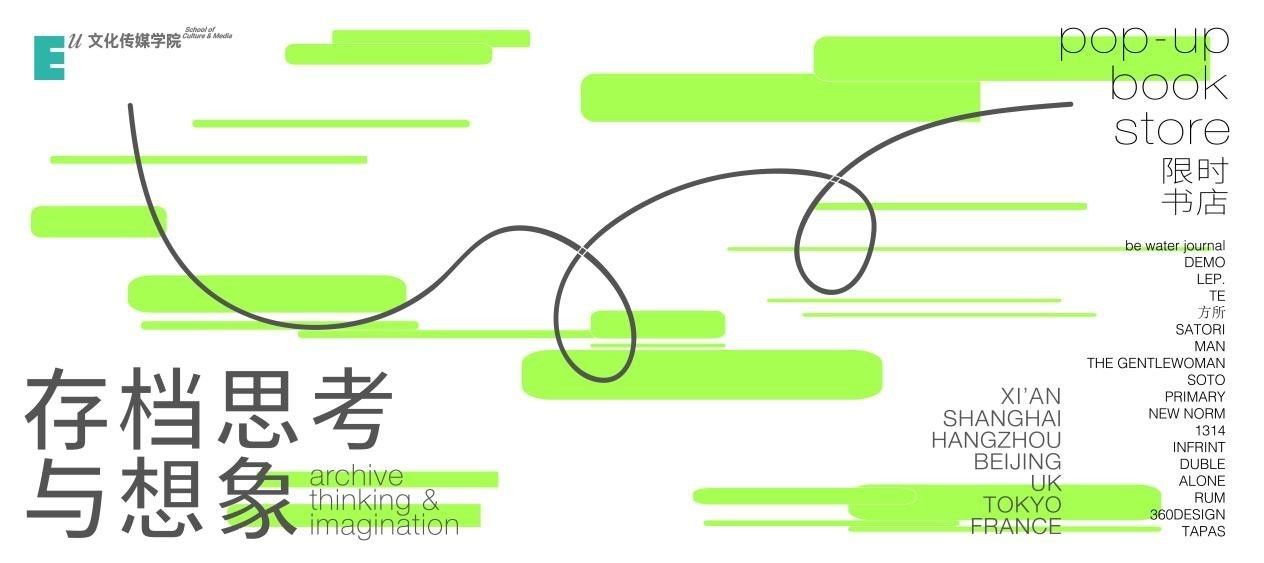
We believe that intervening in the world through cognitive reconstruction is necessary, and the best vehicle for this is immediate action. This reading landscape, co-authored by a network of multiple actors, will be transmitted through a series of ongoing dialogues, echoing into the future.
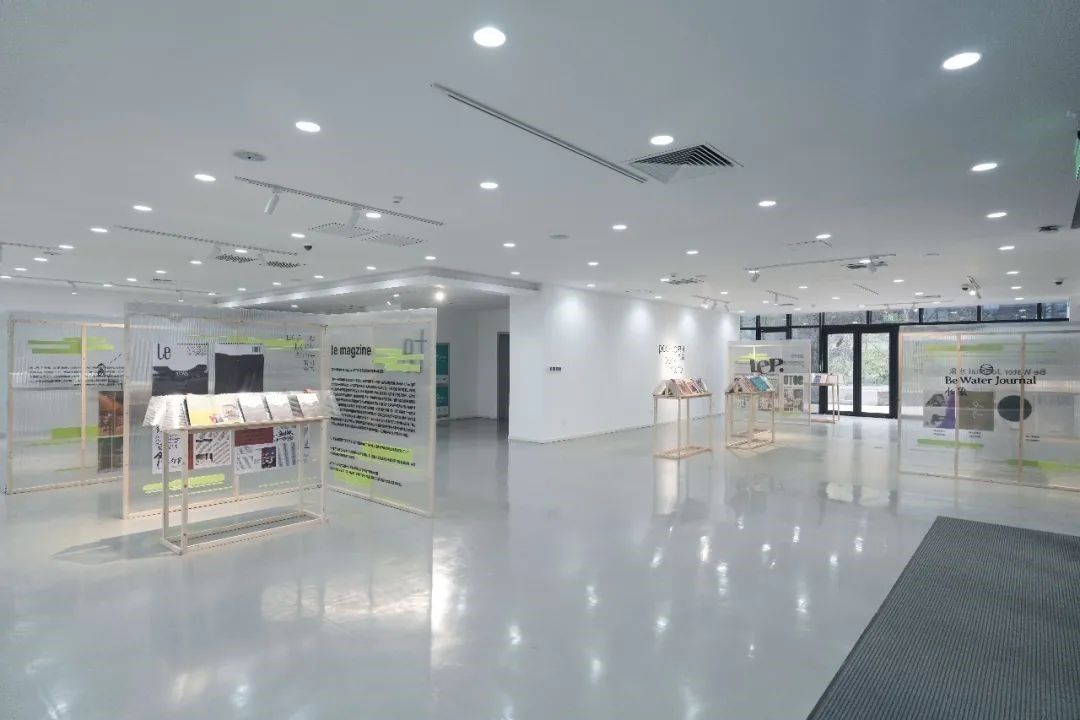
[Pop-up Bookstore] Exhibition Site
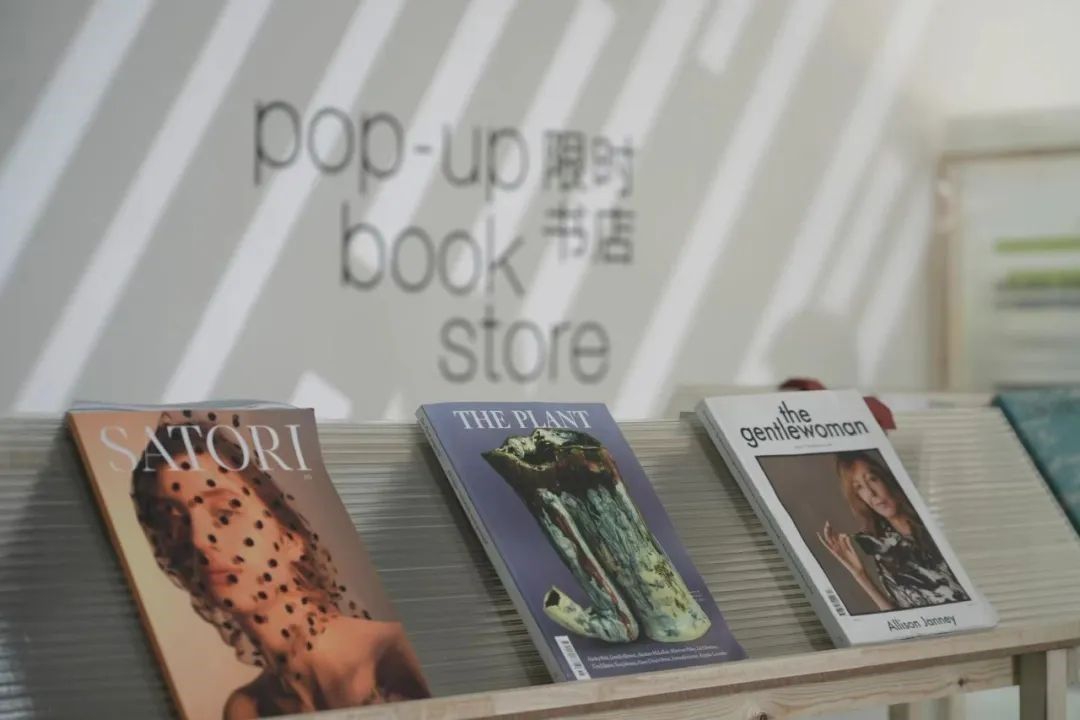
Works released by independent publishing platforms.
01 Trace to the Source
When Books Are Used as Declarations
In recent years, independent publishing houses have gained increasing recognition and become a significant force in revitalizing the publishing industry. The ability to be flexible and adaptable, coupled with a distinct style that offers unconventional choices through a spirit of wild creativity, is what has allowed independent publishing houses to rise to prominence. Publishers collaborate across regions to create works that are often printed in limited editions and boast a diverse range of formats. These works embody creativity that reflects an attempt to balance multiple contradictions, including the tension between publishing restrictions and creative expression, high costs and limited audience, and the overwhelming abundance of digital reading materials and the challenge of achieving focused attention.
In foreign countries, the term "independent publishing houses" typically refers to small-scale, low-cost publishers or media outlets that may not be able to compete with globally-renowned publishing conglomerates on a comprehensive publishing level or large-scale business level. However, they have found success by carving out a niche in publishing and developing expertise in specific areas. In China, however, independent publishing houses face significant challenges due to the various restrictions and licensing requirements in the traditional publishing industry. They need to adopt a free, independent and professional publishing attitude that sets them apart from mainstream publishing media. Most independent publishers in China are established by two to three people, and they generally do not possess official publishing licenses. As a result, they often rely on low-cost limited printing and distribution, using their own studios or social media platforms, or partnering with independent bookstores to reach a small audience. One could say that this represents a form of the We-media era in the publishing industry.
Compared to the system composed of major publishing companies, the book market, and bestseller lists, independent publishing may seem marginal, niche, and even somewhat "unconventional." These publications differ significantly from mainstream publishing in terms of their subject selection, layout design, bookbinding craftsmanship, printing quantities, and even their sales and feedback channels. Independent publishing has a long and extensive history of development in Europe and the United States. Printed Matter, one of the most notable non-profit organizations in New York, was founded in 1967 and is renowned for its representation of "artists' books" created by avant-garde artists who use books as their medium. Since 2006, Printed Matter has organized the annual NY Art Book Fair each fall, which is the world's largest art book fair, attracting over 40,000 visitors this year. In China, the ABC Art Book Fair in Beijing and UNFOLD Shanghai Art Book Fair are the two largest and most successful book fairs in recent years, with hundreds of independent publishing houses from both domestic and international sources participating. In addition to art bookstores and book fairs, many independent publishing houses also use more unconventional and flexible methods of distribution, such as collaborating with other organizations, consignment sales, exhibitions, and online dissemination.
Whether they are independent publications or bookstores, they require people who appreciate them to search carefully and discover more of what they love, and this is what makes these niche institutions so special. I hope that readers can appreciate the fascinating work that these creative people are doing.

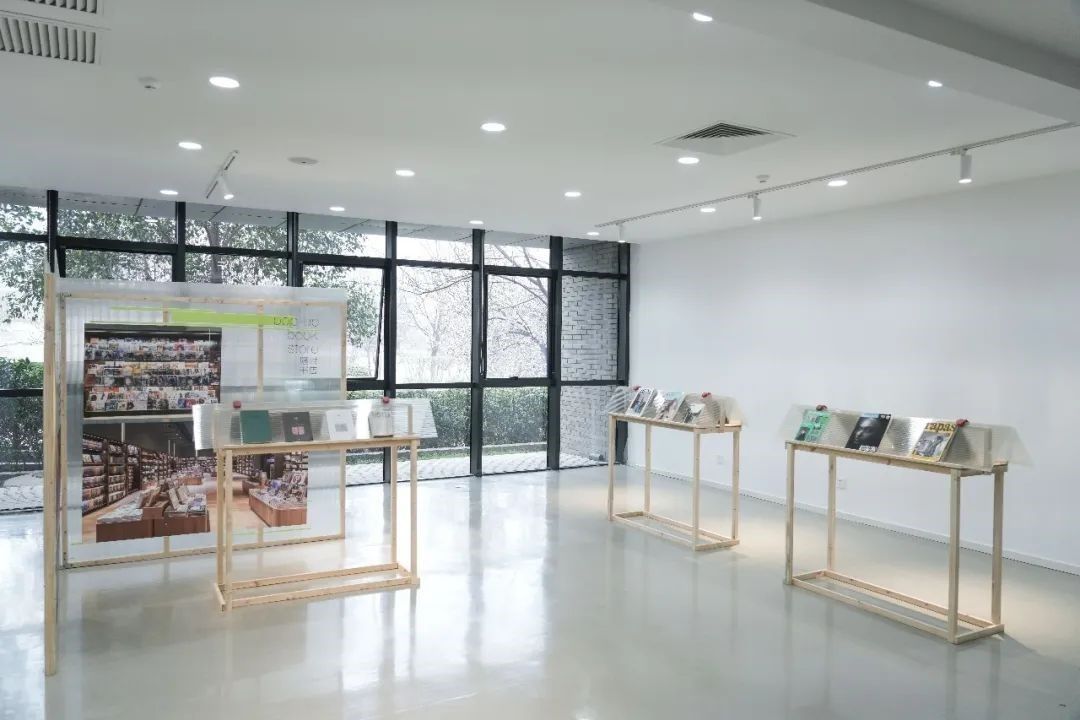
At the exhibition· taking independent publishing platforms as a thread
02 Imagine
A Rich and Multi-dimensional Narrative
In its inaugural phase, the pop-up bookstore has collaborated with outstanding independent publishing platforms in China to showcase over 50 high-quality publications from both domestic and international sources, including China, the United Kingdom, Japan, Denmark, France, Australia, and Spain. The subjects include humanities, photography, art, lifestyle, and more... The themes and acts of reading are themselves an open construction process. The "pop-up bookstore" will use a lively and innovative approach to help you re-understand "reading."
LeP.
We use perception as an anchor to question the commonplace in our daily lives. Through discussions that transcend identity, geography, history, and culture, we reinterpret our understanding of conventional concepts and reflect on their hidden roles in the business world.
DEMO
DEMO studio was established in 2016 as a design commentary and cultural media outlet. While rooted in the local community, it has a global perspective and operates across multiple platforms. With many years of experience in design consulting, the studio also provides comprehensive and three-dimensional marketing planning services for brands. DEMO is a design curation agency that has a solid academic background and outstanding organizational skills.
As the first truly local design magazine in China, DEMO publishes two issues per year, fully showcasing the research findings of DEMO as a design culture and research institution over the past six months. The content primarily consists of in-depth interviews, unique perspectives on design issues, and a range of investigations into different design fields.
Be Water Journal
RESPONSES TO THE PRESENT. Be Water Journal captures the "cultural creatives" from around the world, responding to social issues in both Eastern and Western societies, including "mixed culture, traditional revival, technology, urbanization, multiethnic coexistence, and post-disaster life."
The inaugural issue of Be Water Journal focuses on "cultural creatives" from around the globe who, like water, maintain a humble attitude of learning from everything. As a result, they are able to flow and thrive. Amidst the clamor of modern society, they calmly reflect on the present environment and era, and offer constructive responses to pressing social and cultural issues, such as "mixed culture, traditional revival, technology, urbanization, multiethnic coexistence, and post-disaster life." The energy of these small, consistent responses has accumulated over time. BWJ hopes to explore these issues and inspire people's curiosity and respect for history and tradition, awe for the forces of nature, and kindness towards others. All of these issues are also an exploration of the essence of life: how to live better in a true sense—where should our inner world lie when material wealth is abundant? Should we prioritize taking care of our own issues before worrying about others, or share in prosperity and success?
In addition to addressing social issues in the context of globalization, as a publication from the East, BWJ also emphasizes "cultural self-awareness." In his later years, the renowned Chinese sociologist Fei Xiaotong idealized how to handle different cultural relationships: "Every form of beauty has its uniqueness. Precious is to appreciate other forms of beauty with openness. If beauty represents itself with diversity and integrity, the world will be blessed with harmony and unity." BWJ believes that exploring and utilizing our own cultural DNA can facilitate better interaction with the world. Moreover, the ancient Eastern wisdom and the culture behind it can provide valuable answers to both personal and modern societal issues.
te magazine
After more than a year of dormancy, te magazine has finally released its second issue, titled "Song of the Nightingale".
"te" is derived from the pronunciation of "cha (tea)" in the Southern Min dialect. This pronunciation traveled along the Silk Road and, starting from Quanzhou Port, made its way to Europe, eventually becoming the word "tea". This is a bilingual (Chinese and English) annual publication that explores contemporary art and cultural anthropology. Each issue is based on a specific theme and features commissioned creators from various fields who delve into the dynamic cultural landscapes between different places. Today, the pronunciation of "tea" is widely used, but few people remember the process of its transformation. Therefore, the team hopes to create a publication with "fluidity," where its fluidity represents the state of contemporary culture's existence.
Fangsuo Commune
At the London Book Fair International Excellence Awards Ceremony 2019, Fangsuo Commune was awarded "The Bookstore of The Year" award, becoming the first bookstore and cultural and creative brand in China and Asia to receive this honor. Following its locations in Guangzhou, Chengdu, Chongqing, and Qingdao, Fangsuo Commune opened in Xi'an, a city steeped in history, in 2020. From its inception, Fangsuo Commune's goal has been to establish a shared community platform that fosters closer relationships between people and inspires creative thinking. As the only large-scale bookstore invited to participate in this event, Fangsuo Commune brought books on topics related to field research, rural revitalization, and folk art and customs for faculty and students at Xi'an Eurasia University.
The "pop-up bookstore" is a public space
and a venue for communication and exchange,
allowing reading in this day to be more open and interconnected.
If you attempt to read,
it can serve as a form of enlightenment that
helps calm your mind and allows you to explore the possibilities of books.
If you enjoy reading,
you can immerse yourself in the atmosphere of the pop-up bookstore
and feel a sense of belonging, capturing fleeting moments of insight.
Pop-up Bookstore
Pop-up Bookstore
Archive Thinking and Imagination
Archive Thinking and Imagination
Host: School of Culture & Media, Xi'an Eurasia University
Co-organizer: Protopaper
Date: March 20, 2023 to May 10, 2023.
Location: The first-floor lobby of the South A Teaching Building of Xi'an Eurasia University
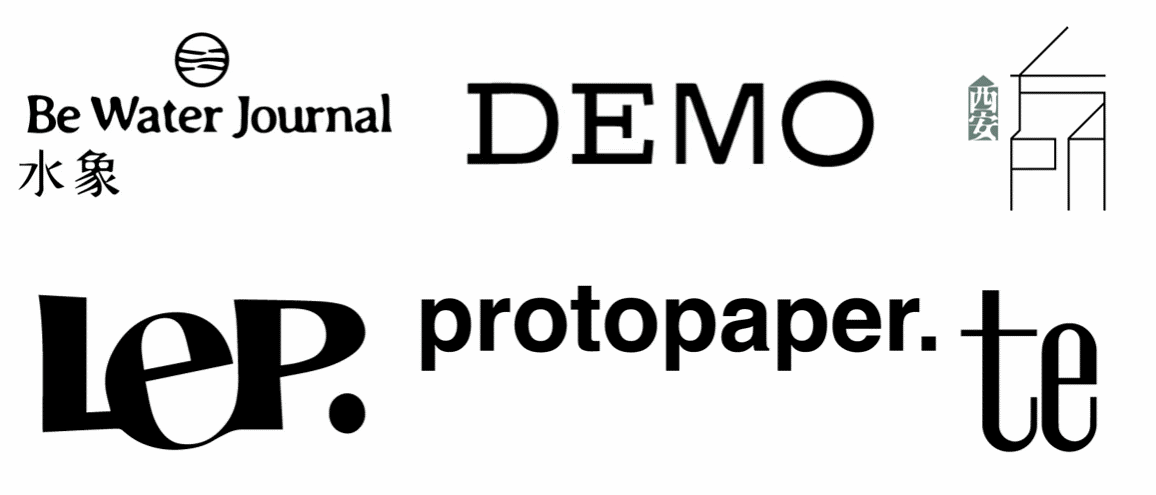
Supported by independent publishing institutions (in alphabetical order)
(Contributed by the School of Culture & Media, Xi'an Eurasia University)



